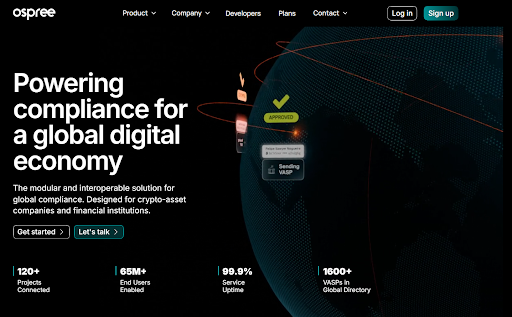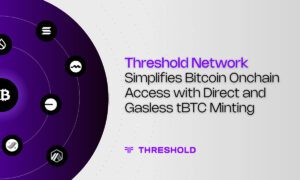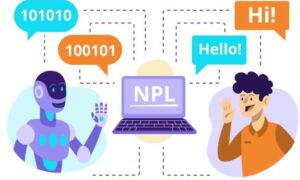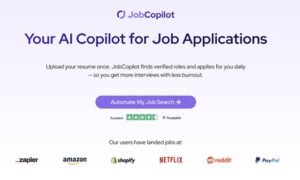
Blockchain and crypto have moved far beyond settlements or even their more experimental use cases, with institutional players now eyeing the tokenization of real-world assets as one of the major growth drivers.
Yet, a common fallacy is the assumption that market progress depends on just the technology alone. In reality, it requires trust built through strong regulatory alignment. With global crypto regulations becoming clearer and frameworks such as the Travel Rule gaining traction, the role of crypto compliance has shifted from being a checkbox to a market enabler.
In this post, Ospree’s experience at the crossroads of compliance, infrastructure, and digital finance offers deep insights into how compliant foundations can enhance adoption. Let’s discuss how compliance is driving RWA growth.
What is Tokenization of Real-World Assets?
The tokenization of real-world assets refers to creating blockchain-based digital tokens that represent tangible or traditional financial assets such as real estate, commodities, bonds, equities, fine art, or intellectual property.
What is tokenization of real-world assets?
These tokens allow the asset to be bought, sold, or transferred in fractional units, opening access to markets that were once limited to high-capital investors. By bringing assets on-chain, ownership records, transaction history, and settlement processes become transparent, efficient, and easier to verify.
In 2024, RWA tokenization grew exponentially:
- Tokenized Treasurys surged by 179%, private credit grew by 40%, and the overall market cap of tokenized assets climbed by 32% – outpacing the broader crypto sector.
- Wall Street and major TradFi institutions are betting on a projected $30 trillion opportunity, with VanEck forecasting the market could exceed $50 billion by the end of 2025.
From creating liquidity to lowering entry barriers, RWA tokenization is shaping the next phase of blockchain adoption. As global crypto regulations strengthen, crypto compliance frameworks and initiatives like the Travel Rule will now define how quickly these markets mature – something Ospree has been watching closely through its work with digital asset infrastructure.
Why Crypto Compliance is a Must in RWA Tokenization
Bringing traditional assets on-chain introduces regulatory responsibilities that can’t be ignored. RWA tokenization involves cross-border transactions, investor onboarding, and asset verification – each subject to global crypto regulations.
Without strong crypto compliance, platforms risk legal setbacks, limited institutional interest, and reduced market confidence.
Compliance measures such as KYC/AML checks, transaction monitoring, and adherence to the Travel Rule protect against illicit activity while building trust with regulators and investors.
This is where Ospree adds value – offering modular, interoperable tools that integrate directly into blockchain infrastructure. By embedding compliance from day one, crypto platforms can expand into multiple jurisdictions confidently, creating a secure and scalable foundation for the tokenization of real-world assets.
How Modular Compliance Tools Boost RWA Adoption
For the tokenization of real-world assets to scale, compliance tools must adapt to different asset classes, jurisdictions, and operational models.

Ospree simplifying global crypto regulations under one roof
To tackle this, Ospree is positioning itself as the key player in the domain. Its modular approach allows you to integrate only what you need, making RWA tokenization faster to launch and easier to maintain.
Their unique product suite includes:
- Travel Rule integration: It aligns with the FATF requirements by securely collecting and exchanging originator and beneficiary details for crypto transfers. Ospree links this process with real-time wallet checks to strengthen crypto compliance for tokenization companies.
- Blockchain analytics: Thorough blockchain analytics monitors wallet activity, flags suspicious transactions, and provides clear, actionable insights. Before a Travel Rule transfer, the addresses are programmatically screened to prevent links to financial crime.
- Accounts directory: It creates unique account identifiers for seamless data exchange between compliance modules, ensuring consistency and scalability across jurisdictions.
- Full API integration: It automates compliance workflows, reduces manual effort, and supports interoperability across multiple blockchain networks – which is critical for tokenized asset platforms entering new markets.
Where Do Global Crypto Regulations Stand?
Global crypto markets are leading the charge with strong regulatory frameworks in crypto and for the tokenization of real-world assets:
- United States: SEC frameworks like Reg D, Reg S, and Reg CF guide securities compliance, with growing interest in tokenized funds and private credit.
- European Union: The Markets in Crypto-Assets (MiCA) focuses on investor protection and financial stability across member states.
- United Kingdom: The Financial Conduct Authority (FCA) monitors the registration and compliance requirements for security tokens.
- Asia-Pacific: Singapore and Japan support blockchain innovation with strong oversight.
Across jurisdictions, KYC, AML, and Travel Rule requirements form the foundation of crypto compliance – extending to RWA tokenization platforms as well – ensuring verified participants, monitored transactions, and transparent reporting.
As global crypto regulations evolve and converge, platforms like Ospree help you – the Virtual Asset Service Provider (VASPs) – stay aligned while expanding RWA tokenization into new global markets.
The Bottomline
Tokenization of real-world assets is reshaping how assets are issued, traded, and owned. As regulations evolve, staying audit-ready is essential. With Ospree’s compliance-first solutions, you can confidently navigate global requirements, scale responsibly, and unlock new RWA opportunities without regulatory setbacks.


































